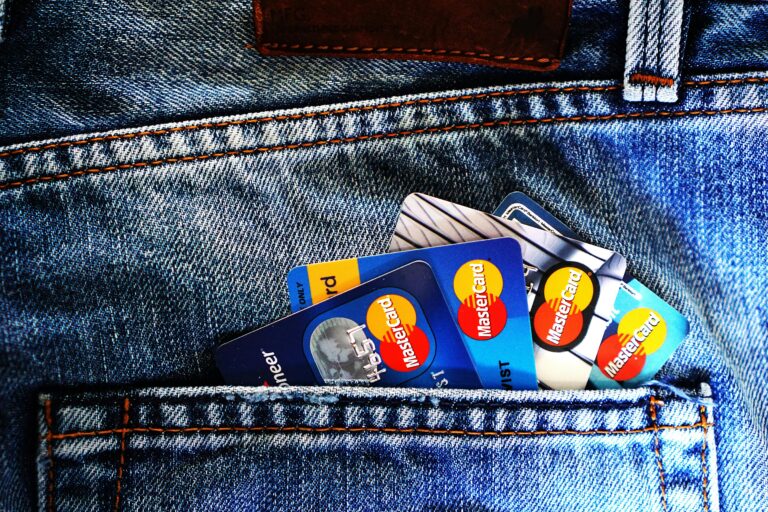Why Is Personal Finance Dependent Upon Your Behavior?
Why is personal finance dependent upon your behavior? Personal finance isn’t just about how much money you make—it’s about how you manage it. No matter your income level, your financial success is ultimately determined by your behavior, habits, and mindset.
Have you ever wondered why some people with high salaries still struggle financially, while others with modest incomes accumulate wealth? The answer lies in financial behaviors, spending habits, and decision-making skills.
In this in-depth guide, we’ll break down:
- How behavior impacts personal finance
- The psychology behind money habits
- The most common financial mistakes people make
- How to improve your financial behavior for long-term success
Why is personal finance dependent upon your behavior?
Spending Habits Shape Your Financial Future
Why is personal finance dependent upon your behavior? well, spending behavior is one of the biggest factors in your financial success. If you frequently:
- Impulse buy without budgeting
- Spend more than you earn, living paycheck to paycheck
- Prioritize wants over needs
Then you are likely to struggle financially, regardless of your income level.
For example, two people both earn $75,000 per year.
- One person saves 20% of their income and invests it.
- The other person spends everything on lifestyle inflation, such as a new car, vacations, and eating out.
In ten years, the first person has built a six-figure investment portfolio, while the second person is still living paycheck to paycheck. Same income, different behavior, completely different outcomes.
Saving Money Requires Discipline
If you don’t develop the habit of saving, you will always feel like you can’t afford to save. The reality is:
- You don’t need a high income to start saving
- Small, consistent savings habits lead to long-term wealth
- The key is paying yourself first—automating savings before spending
A simple way to build this habit is by setting up automatic transfers to your savings or investment account every payday. If you don’t see the money, you won’t miss it.
The Psychology of Financial Behavior
Emotional Spending Can Derail Your Financial Goals
Why is personal finance dependent upon your behavior? Many people spend emotionally, using shopping as a way to:
- Relieve stress
- Celebrate small wins
- Keep up with others due to social pressure
This leads to debt accumulation and prevents long-term wealth building.
Before making a purchase, ask yourself:
- Do I need this, or do I just want it?
- Would I still buy this if I had to pay in cash?
- Can I delay this purchase for 30 days?
By applying these questions, you can avoid unnecessary spending and stay focused on financial goals.
Fear and Greed Affect Investing Decisions
Two of the biggest emotions in finance are fear and greed. Fear can cause people to avoid investing or panic-sell during downturns, while greed can lead to risky investments or chasing high returns.
Successful investors develop discipline by:
- Sticking to a long-term strategy
- Avoiding impulsive decisions based on market movements
- Educating themselves on investing fundamentals
Common Financial Mistakes and How to Fix Them
Living Paycheck to Paycheck
Many people struggle financially because they spend everything they earn. Without an emergency fund or savings, even a small unexpected expense can lead to debt.
How to Fix It:
- Track your expenses to identify wasteful spending
- Set up a budget and stick to it
- Start saving at least 10-20% of your income
Relying on Debt for Everyday Expenses
Using credit cards for daily expenses without paying off the balance can quickly lead to high-interest debt.
How to Fix It:
- Only use credit cards if you can pay the balance in full each month
- Build an emergency fund to cover unexpected expenses
- Avoid unnecessary loans and financing plans
Not Investing Early Enough
Many people delay investing because they believe they need a lot of money to start. However, time is the most important factor in building wealth through compound interest.
How to Fix It:
- Start investing as soon as possible, even if it’s a small amount
- Use tax-advantaged accounts like a 401(k) or IRA
- Invest in low-cost index funds for long-term growth
How to Improve Your Financial Behavior
Create a Financial Plan
Without a clear plan, it’s easy to make poor financial decisions. A solid financial plan should include:
- A budget to track income and expenses
- Savings goals for emergencies and long-term wealth
- An investment strategy for retirement and financial freedom
Set Clear Financial Goals
Setting goals makes it easier to stay disciplined with money. Some examples include:
- Saving six months’ worth of expenses for emergencies
- Paying off all credit card debt within a specific timeframe
- Investing a certain percentage of your income every month
Surround Yourself with Financially Responsible People
The people you spend time with influence your financial habits. If you are surrounded by individuals who are financially reckless, it can be challenging to stick to good habits.
Seek out financially responsible mentors, read books on personal finance, and join communities focused on financial growth.
Final Thoughts: Your Behavior Determines Your Financial Future
Personal finance is not just about how much you earn but about the financial decisions you make every day. By developing better spending habits, saving consistently, and making smart investment choices, you can achieve financial freedom regardless of your income level.
By understanding and improving your financial behavior, you can build long-term wealth, avoid unnecessary debt, and take control of your financial future. The key is to start small, stay consistent, and make intentional financial decisions.


